
Manufacturing courses in Gold Coast
Course providers in Gold Coast
The following providers offer Manufacturing courses in Gold Coast, Queensland.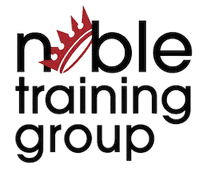


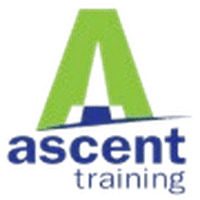








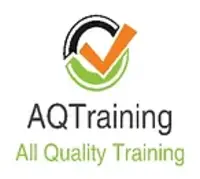








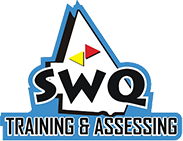
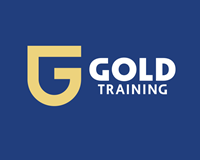
















Career Pathfinder
Skills shortages + AI Exposure
Discover in-demand careers and understand how each role may be impacted by AI and automation.
- See in-demand occupations across Australia
- Check AI Exposure ratings
- Compare training duration and average income
Choose a study area
Automotive
The automotive industry in Australia offers a dynamic pathway for individuals seeking to gain skills and qualifications in a variety of roles. With 86...
- Apprentice Caravan Mechanic
- Apprentice Mechanic
- Apprentice Automotive Electrician
- Diesel Mechanic
- Service Advisor
- Production Technician
- Automotive Service Technician
- Truck Mechanic
- Heavy Vehicle Mechanic
- Heavy Diesel Mechanic
- Light Vehicle Mechanic
- Car Detailer
- Vehicle Body Builder
- Mechanical Technician
- Electric Vehicle Mechanic
- Electric Vehicle Technician
- Vehicle Accessory Fitter
- Car Wash Attendant
- Vehicle Cleaner
- Service Technician
- Trade Assistant
- View all
Food Processing
If you're interested in launching a career in the food processing industry in Australia, Courses.com.au offers a comprehensive range of Food Processin...
Manufacturing Plant
Exploring a career in manufacturing plant operations is an excellent choice for anyone interested in a robust industry with a diverse range of career ...
- Plant Technician
- Plant Operator
- Plant Supervisor
- Plant Manager
- Factory Worker
- Process Worker
- Production Worker
- Operations Officer
- Technical Officer
- Polymer Technician
- Brake Press Operator
- Process Technician
- Mobile Plant Mechanic
- Plant Engineer
- Plant Mechanic
- Wastewater Plant Operator
- Wastewater Plant Operator Assistant
- Water Plant Operator
- Water Plant Operator Assistant
- Electro Plater
- Fixed Plant Operator
- Metal Polisher
- Machine Operator
- Equipment Operator
- View all
Meat Processing
If you are interested in starting a rewarding career in the meat processing industry, Courses.com.au offers a comprehensive list of Meat Processing co...
Pharmaceutical Manufacturing
Pharmaceutical manufacturing is a rapidly growing field in Australia, providing essential services in the production of medications and health product...
Timber and Wood Processing
If you're interested in pursuing a career in the Timber and Wood Processing industry, Courses.com.au offers a comprehensive range of training options....
Further reading


Most popular business courses
28th April 2022
Most popular agriculture courses
8th April 2022More about Manufacturing courses
For those considering a career in the manufacturing sector, the Gold Coast presents an array of opportunities with 111 Manufacturing courses available to help you equip yourself with the necessary skills. Whether you are starting your journey or looking to advance your expertise, there are beginner courses such as the Certificate III in Heavy Commercial Vehicle Mechanical Technology and advanced options like the Certificate IV in Engineering. With a physical presence from esteemed training providers such as TAFE Queensland and LTT, students can benefit from excellent hands-on training facilities right here in Gold Coast, 4214, Australia.
The manufacturing landscape not only opens the door to various educational pathways but also leads to a range of rewarding career opportunities. After completing relevant courses, students can aspire to roles like Production Worker, Plant Operator, or even Plant Engineer. These positions are crucial within the industry, offering practical engagement and a strong career trajectory. The Gold Coast's growing manufacturing sector necessitates skilled professionals, making this an ideal time to engage in further education.
The courses listed, including specialised options in Automotive and Food Processing, delve deeper into specific areas of manufacturing, ensuring students can acquire focused skills valuable in the workplace. Top-notch institutions such as In Tech Institute of Technology and Success Resources International are dedicated to providing quality education in these fields. With their campus-based courses available locally, students can gain relevant experience and build relationships within the industry.
With a total of 111 Manufacturing courses in the Gold Coast area, it's essential to explore all the options that align with your career aspirations. Consider the many courses that lead to job roles such as Apprentice Mechanic or Diesel Mechanic, where practical skills and theoretical knowledge come together. The educational pathways provided by various recognised training providers ensure that Gold Coast learners are well-equipped to meet the demands of this dynamic sector. Take the first step today by reviewing the multitude of courses available through Courses.com.au, and pave your way to a successful career in manufacturing.

